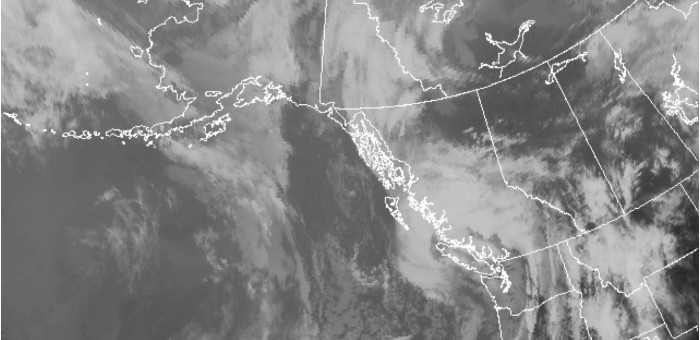Why are British Columbians spending so much time in the dark?
The windstorm that pummeled Metro Vancouver on the weekend is a wake up call to everyone in British Columbia that we need to be better prepared to cope with, and communicate about, extreme weather events. These are no longer once in a lifetime or 100 year events. Less than ten years ago the 2006 windstorm heavily damaged Stanley Park and left over 250,000 Hydro customers without power, some for many days. At its peak, this weekend’s storm left over 500,000 in the dark, literally and figuratively, complicated by the fact the BC Hydro website was unavailable, and communications between municipal authorities and emergency services appeared sporadic and uncoordinated. Since Saturday BC Hydro has managed a phenomenal effort in bringing most households and businesses online, and for that the crews often working in extremely difficult conditions must be thanked.
The cost of the storm has yet to be calculated, not only in terms of actual damage to infrastructure, homes and vehicles, but also to lost business. What is obvious though is that communication is essential. The lack of coordinated communication is what leads to the vast majority of messages on social media expressing frustration over lack of information.
This lack of communication and access to information is not new. Think back to last year and what transpired after the Mt. Polley tailings pond breach. It took far too much time for the provincial government to connect with and inform nearby residents. Think back to this past summer’s forest fire season and how it took the government an unseemly amount of time to reassure communities that all resources would be made available. And we can also reflect upon what happened in response to the bunker fuel spill in Vancouver harbour. The ‘after action’ report by John Butler highlighted the lack of coordination and communication between governments and agencies responsible for responding to the spill and informing the public. A pattern emerges.
Residents obviously don’t blame governments and authorities for causing the storm, but they do expect emergency communication systems to be in place to ensure that everyone is kept informed of ongoing developments. They also expect that effective communication systems will be in place to allow people to provide information back to authorities on issues affecting their neighbourhoods.
I am thrilled and heartened to see how so many people in all the areas impacted by power outages, downed trees and damaged homes came to the aid of their neighbours. But once power is fully restored to everyone, and the cleanup gets underway we should look at the lessons to be learned and how we can be better prepared before the next extreme weather event hits. And as the climate system continues to warm, we can expect this to be sooner rather than later.





3 Comments
Sorry Dr. Weaver, yes, there are issues, especially communications issues, but from my perspective it is all the Twitterati and social media flirters that are impatient and the issue because they posted and have not yet had that personalized response they expect…
One or two steps away from the twitterverse and social media blogs, and you realize a lot was being done, things were going on, and management of the issues were being dealt with.
I don’t expect a response on Twitter or social media. When I want information about BC Hydro outages, I go directly to their power outage page (https://www.bchydro.com/outages/orsMain.jsp). It is and should be the authoritative information. However, during the power outage on Saturday night, when I needed information about when I could expect the power to be back on, BC Hydro’s information \was completely unavailable and the info page was serving HTTP 500 errors (https://en.wikipedia.org/wiki/List_of_HTTP_status_codes#5xx_Server_Error). I’m a web developer and a professional and expect a higher standard of service from our power utility. I applaud MLA Dr. Weaver for also expecting better communication from our public power utility.
P.S. Their 1-888 (POWER-ON) number dropped my calls as well.